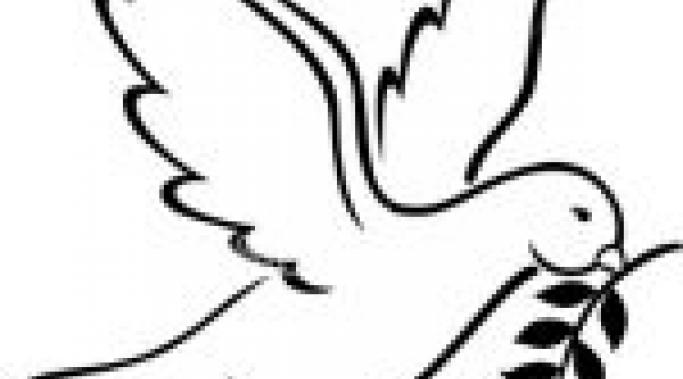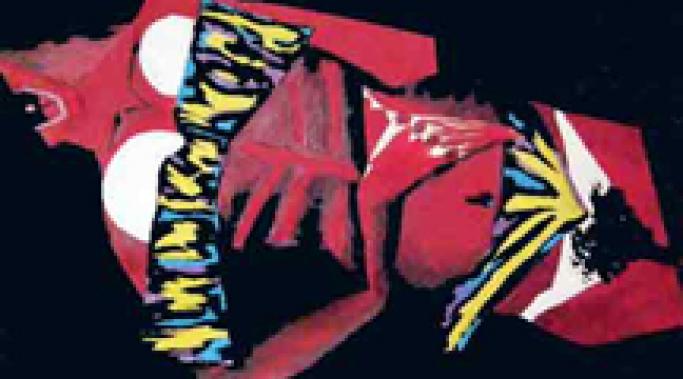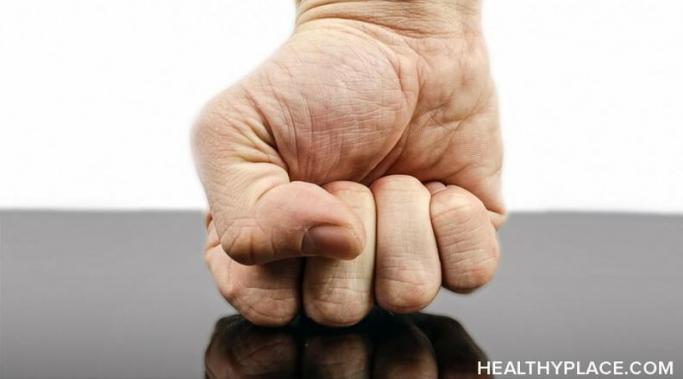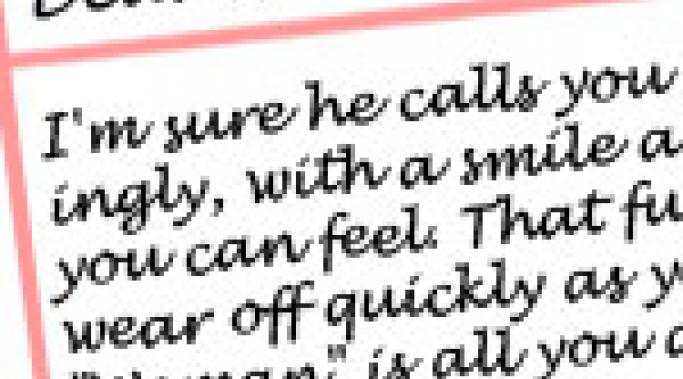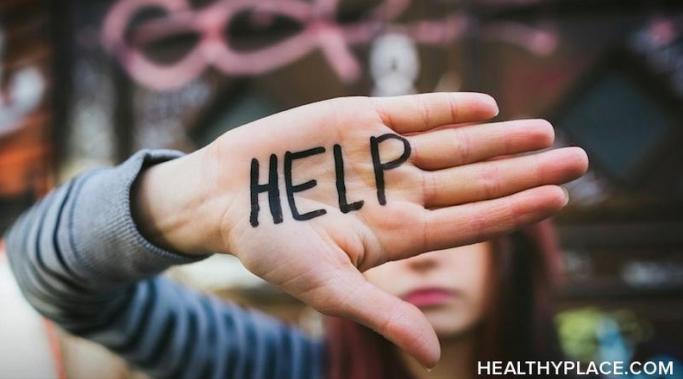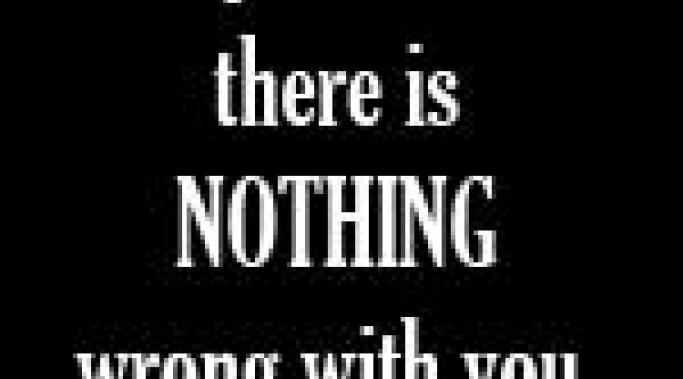Life after abuse surpasses the definition of peaceful. There is no one but me to tell me what to do or how to do it.
Verbal Abuse in Relationships
In the last post, I wrote about my fear that I will damage (or kill) any healthy relationships I now enjoy due to my inability to trust the ones who deserve it. I mentioned that it is much easier for me to trust a stranger than my lover, but that dilemma is, I think, easily explained: strangers on the street do not have intimate knowledge of who I am that they could use as a weapon. Strangers may use a gun, but that type of killing is not the one I fear.
Trust eludes victims of abuse during their abusive relationship. As much as I wanted to trust my ex-abuser--and told others that I could trust him--it just wasn't so (Trust Issues and Abusive Relationships). I thought if I was trustworthy and expected to be able to trust him, then he would magically become trustworthy and our relationship would spring to life. That never happened because you cannot ever trust an abuser with your heart. But you can learn to trust after your abusive relationship.
Kristen read the post comments for Abuse Victims and Abusive Anger and asked "How do you prevent creating friendships based on a power-control dynamic and how do you escape the anger that fuels them?"
Wow. Kristen is headed for success in her relationships because she is asking great questions.
After leaving your abusive relationship, no one can predict your emotions exactly. But after some time of mentoring survivors, I've found many similarities between other survivors' emotional experiences and my own. Fear of the unknown is a factor in whether or not someone leaves their abuser. So I hope this post gives you a heads up about the emotions you might experience after leaving your abusive relationship.
The story I want to tell you today happened between my ex and me over two years ago when we were still together. At the time, I knew he was abusing me. I realized that there was little hope that he would change. I didn't want to leave my marriage, but I was beginning to think there was no real marriage to leave anyway.
Looking back, I remember my internal struggle to find an elusive peace. I longed for a partner who loved me and would work with me through life's trials and celebrate its joys. I so wanted a normal conversation, a nice conversation without the abusive junk lurking underneath the surface. I was hoping my life away.
If you see yourself in the following story, please think long and hard about whether you want to wait it out to see if your partner decides to change. Remember that the abuser finds great benefit in abusing, otherwise s/he would have changed long ago.
It's not my place to tell her about what abuse she has to look forward to in her new relationship with my ex-abuser. It's none of my business that, from this distance, I can clearly sense what is happening. If I approached her, she would probably get mad at me.
I'm sure he's told her what a head-case I am, warned her to limit her contact with me. At the very least, he's agreed with her perspective on how crazy I must be to have left him, that it takes two to tango, that I have baggage I didn't work through in all those years we were together.
But if I were to write her a letter, this is how it would go:
People trapped in an abusive relationship hear, "You're so much better than this! Why are you staying?" I knew I was better than my experience. I knew I didn't deserve to be treated that way. Yet, when someone pointed that out to me, I wanted to dig in my heels and fight to stay.
I knew I was better than how he treated me, but I thought my abuser was also a better man than how he behaved. I saw us as equally hurting. I thought we both were trapped in an abusive relationship.
Mystery surrounds victims of domestic violence and abuse. “Why does she stay?” tops the list of most asked questions when she’s in the relationship and “What is wrong with her?” is the often unspoken follow-up. It seems to me that most people who study domestic violence victims ask “What is wrong with her?” at the top of their research. They seem to forget that it takes two people to create an abusive relationship.
I guess they think they’ve got the abuser pegged. He’s a narcissist, addict, chauvinist, controller, or has an anger problem or self-esteem issues. Pick a personality or mood disorder and maybe he’s got it. Case closed - on to their victims.
His comment came out of the blue as he readied himself for work. "Some people don't think," he stated calmly. My mind raced to figure out what he was talking about. If I were in a normal relationship, I would have simply asked, "What do you mean, honey?" But I wasn't in a normal relationship.
During the few seconds it took me to connect the dots between his statement and what he really meant, he didn't say another word. He gave me the courtesy of remaining silent as my mind raced to find a way to avoid a fight that evening upon his return.
